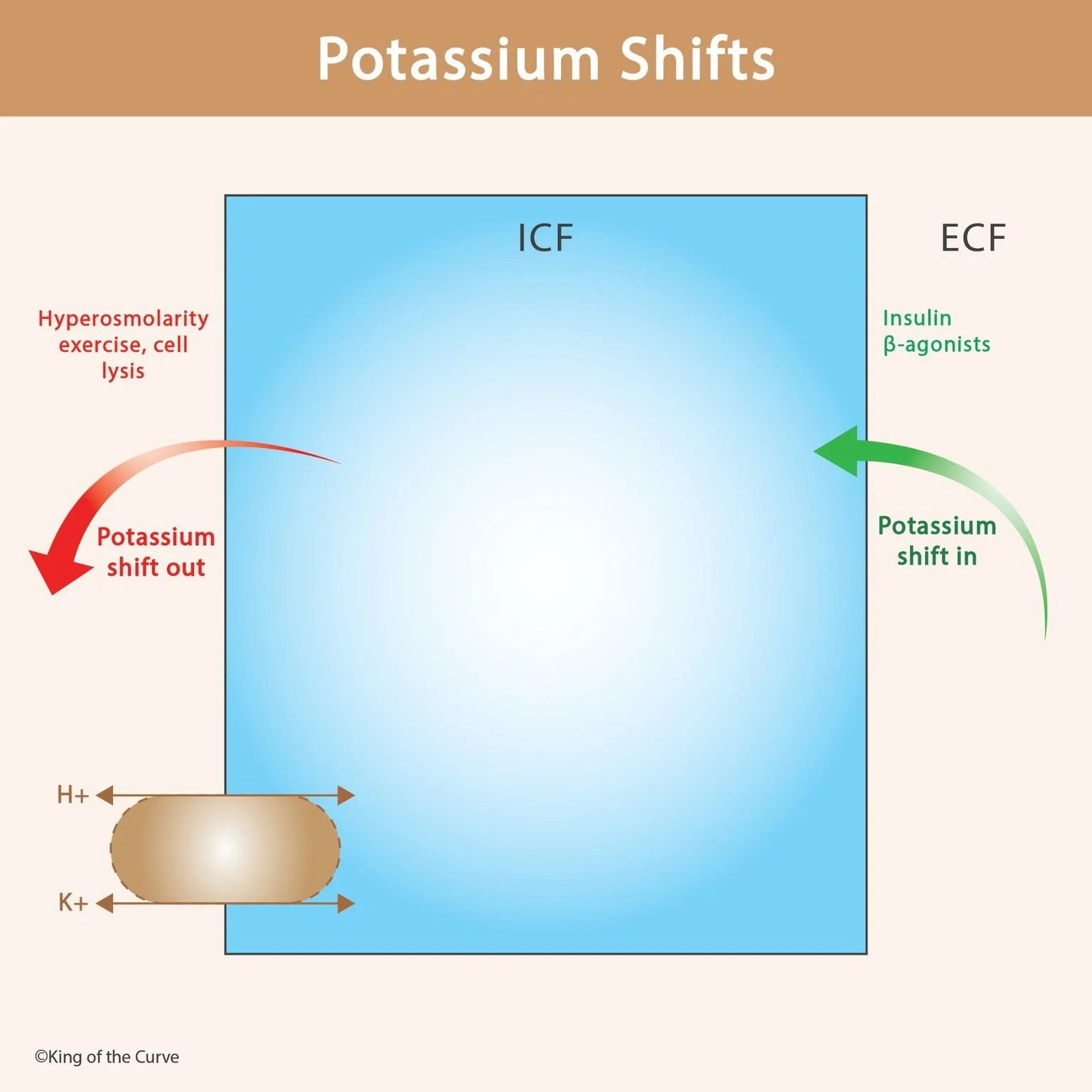
Potassium Shifts: Movement Between ICF and ECF
Learn how potassium shifts between ICF and ECF cause hyperkalemia and hypokalemia. Understand insulin, β-agonists, acidosis, and cell lysis effects.

🧬 Porphyrias: Understanding Disorders of Heme Synthesis
Learn the heme synthesis pathway, enzyme defects, regulation of δ-ALA synthase, and how porphyrias cause neurovisceral and cutaneous symptoms.

🧠 Pathways of Emotion Theories: How Do We Actually Feel Emotions?
Learn the major pathways of emotion theories including James-Lange, Cannon-Bard, and Schachter-Singer’s Two-Factor Theory. Understand how arousal, cognition, and emotion interact in each model.
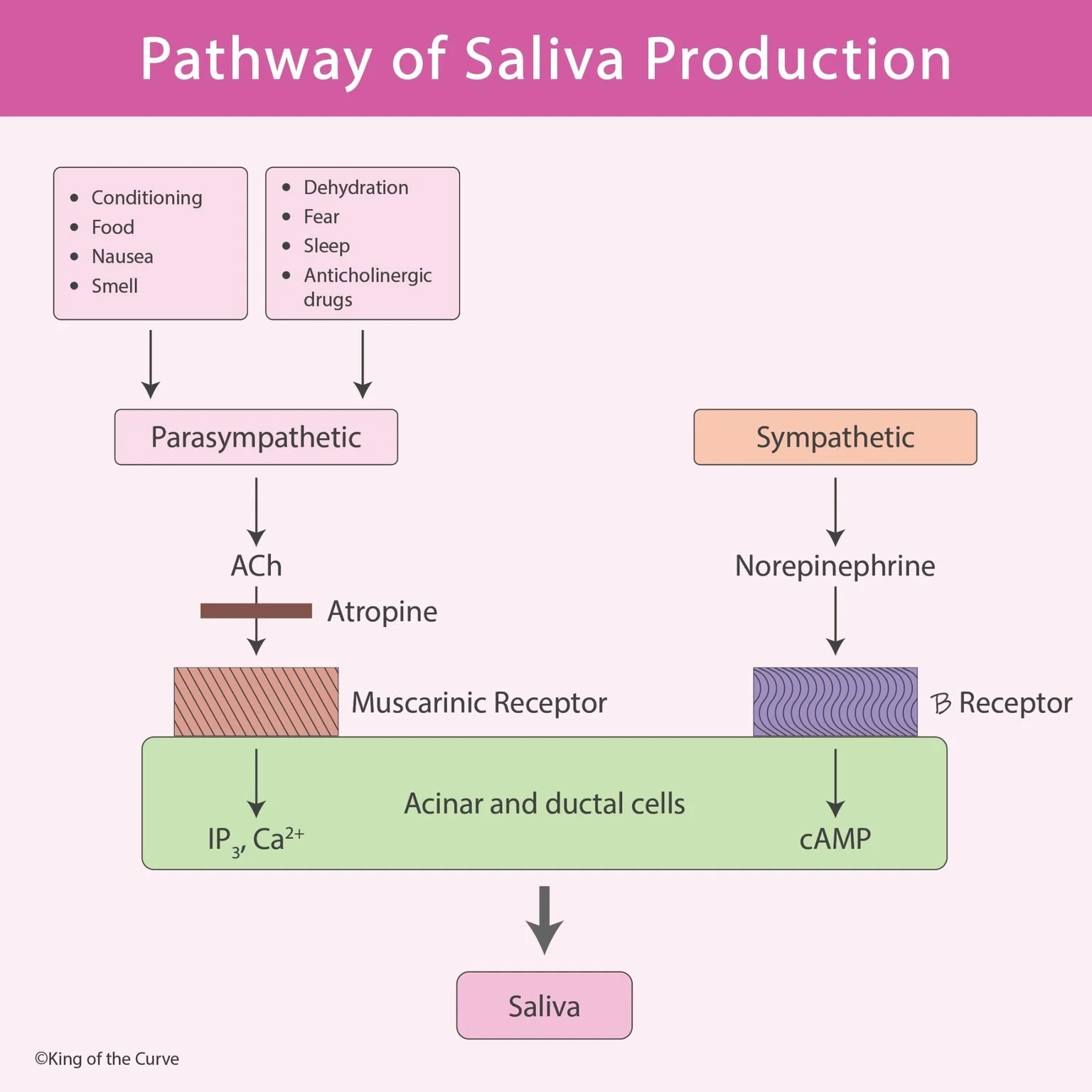
🧠 Pathway of Saliva Production: Parasympathetic vs Sympathetic Control
Learn the pathway of saliva production and how parasympathetic (ACh) and sympathetic (norepinephrine) stimulation regulate salivary secretion through IP₃/Ca²⁺ and cAMP signaling.
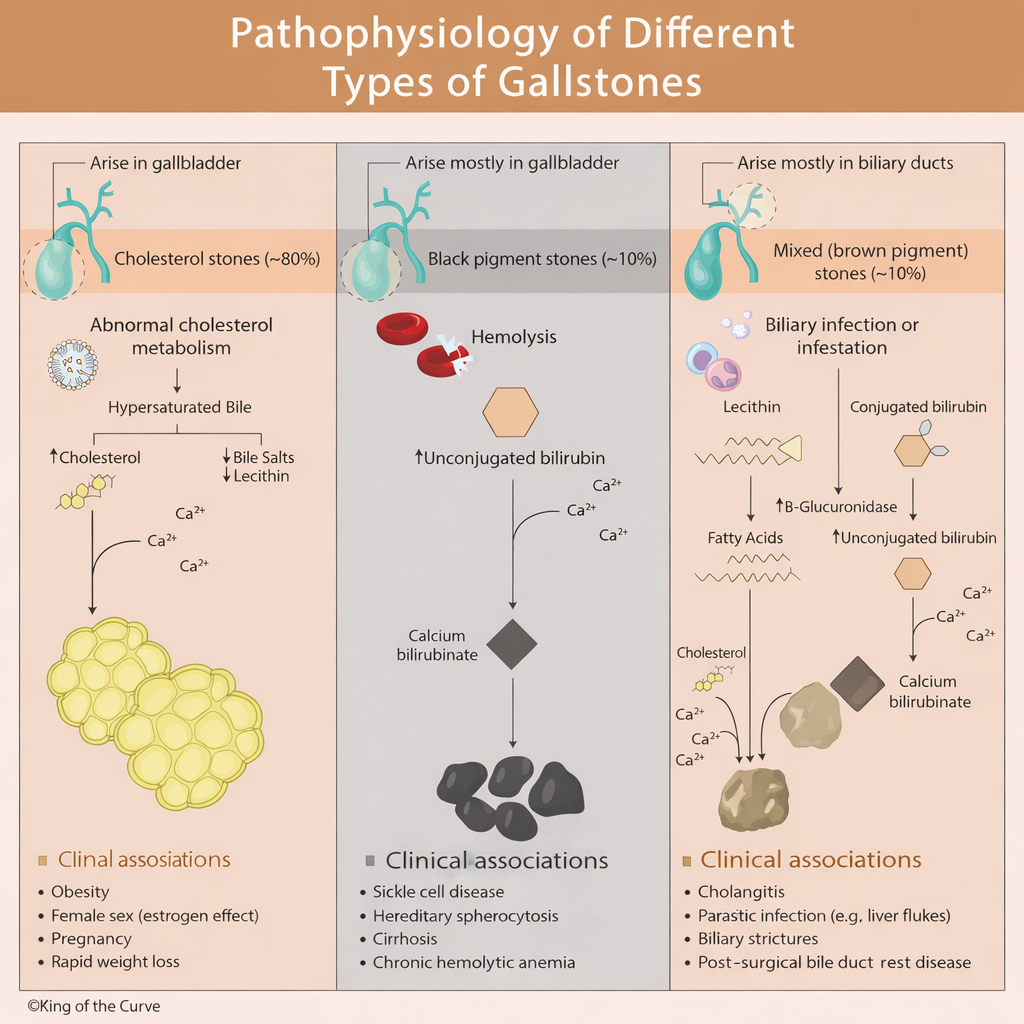
🪨 Pathophysiology of Different Types of Gallstones
Learn the pathophysiology of different gallstone types, including cholesterol stones, black pigment stones, and brown pigment stones. Understand their causes, composition, and clinical associations in a clear, exam-focused format.
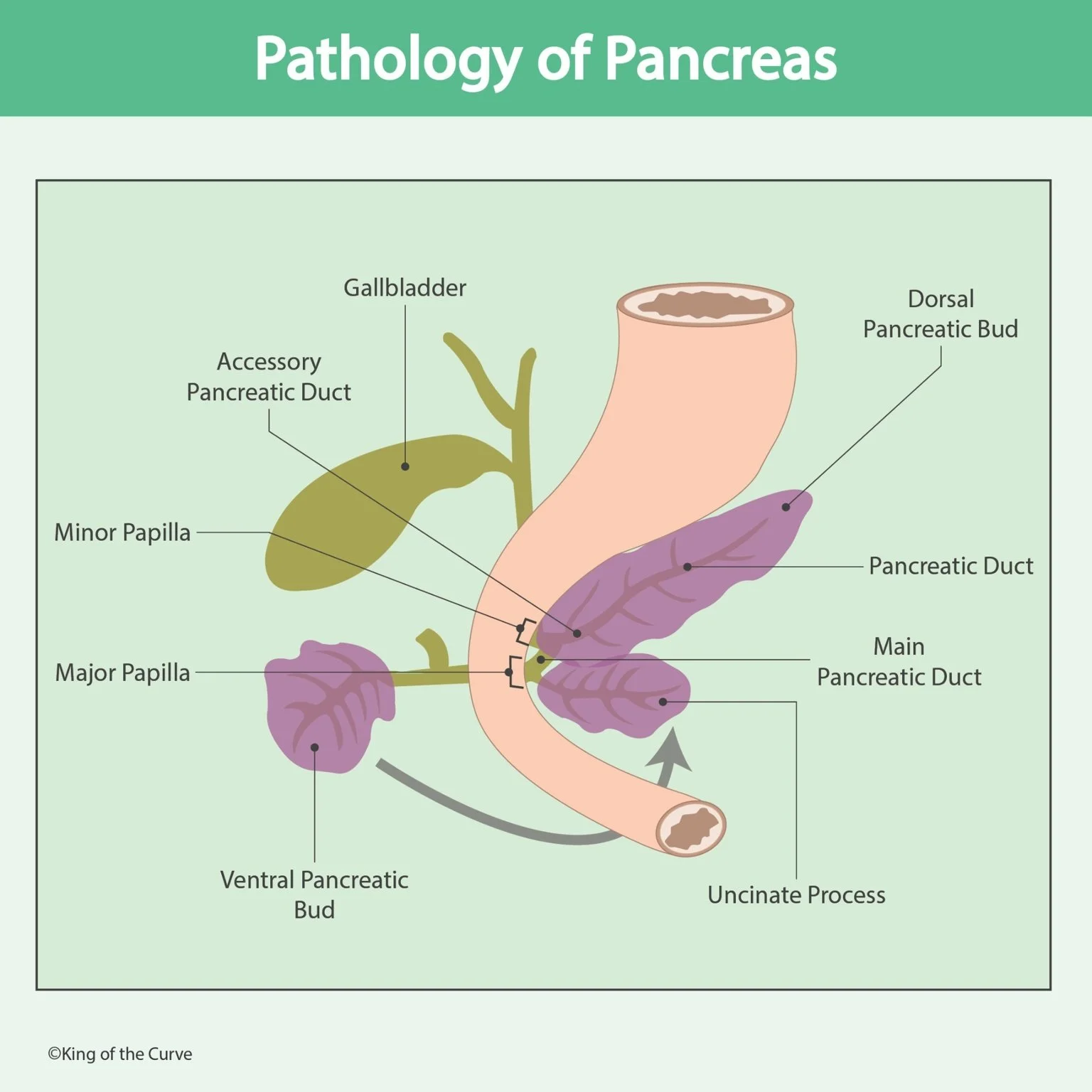
🩺 Pathology of Pancreas: Anatomy, Duct System, and Clinical Significance
Learn the pathology of the pancreas including pancreatic duct anatomy, major and minor papilla, pancreatitis, pancreatic cancer, and congenital anomalies with clear clinical correlations.

🩺 Pancreatic Secretion Regulation: How Digestive Enzymes and Bicarbonate Are Controlled
Learn how pancreatic secretion is regulated by CCK and secretin. Understand acinar and ductal cell signaling pathways including IP3/Ca2+ and cAMP mechanisms in digestion.
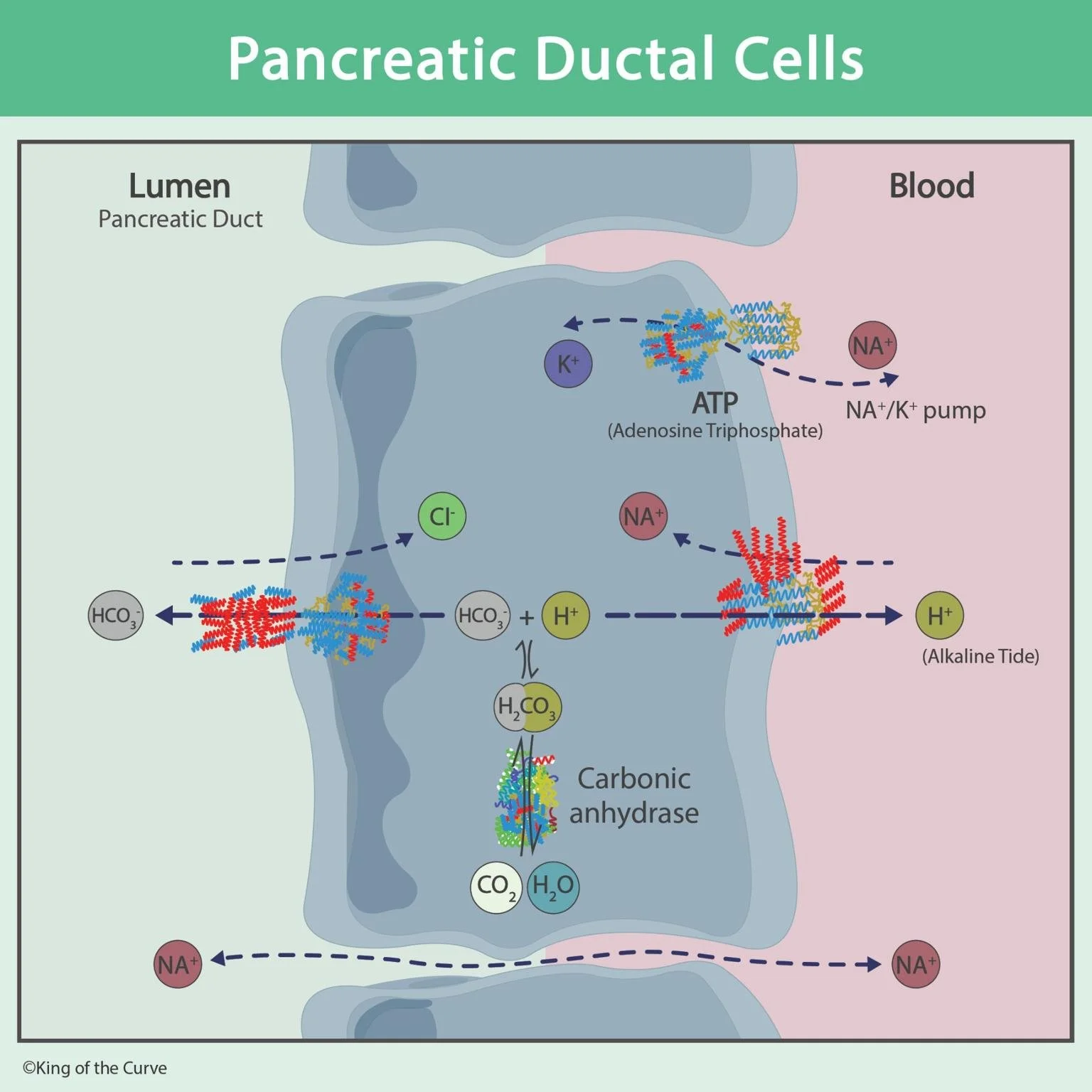
🟢 Pancreatic Ductal Cells: How the Pancreas Creates Bicarbonate-Rich Fluid
Learn how pancreatic ductal cells secrete bicarbonate-rich fluid using carbonic anhydrase, CFTR, and Cl⁻/HCO₃⁻ exchangers. Includes key transport mechanisms.
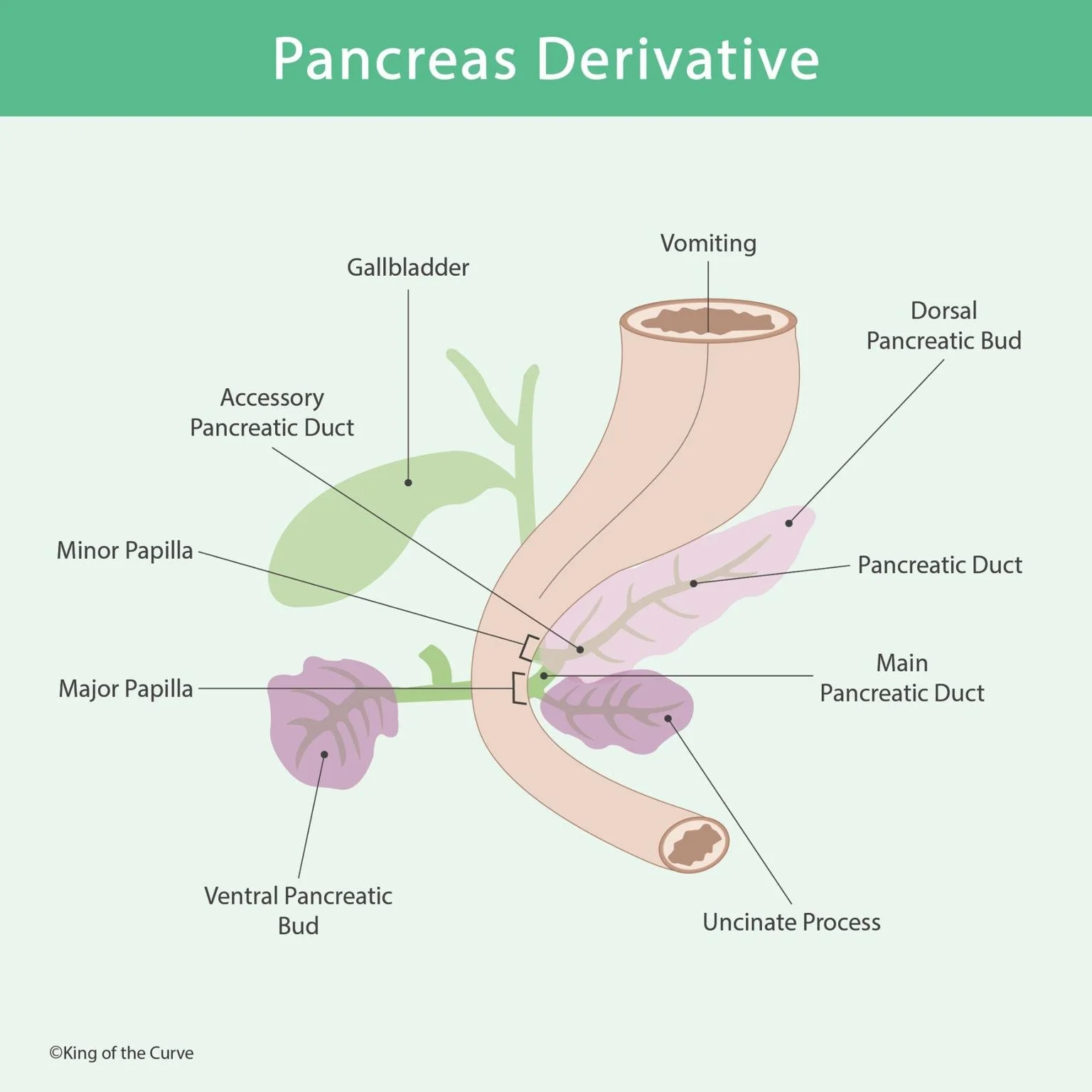
🧬 Pancreas Derivative: Embryologic Development of the Pancreas
Learn how the pancreas develops from ventral and dorsal buds, including derivatives, duct formation, and key embryological correlations.
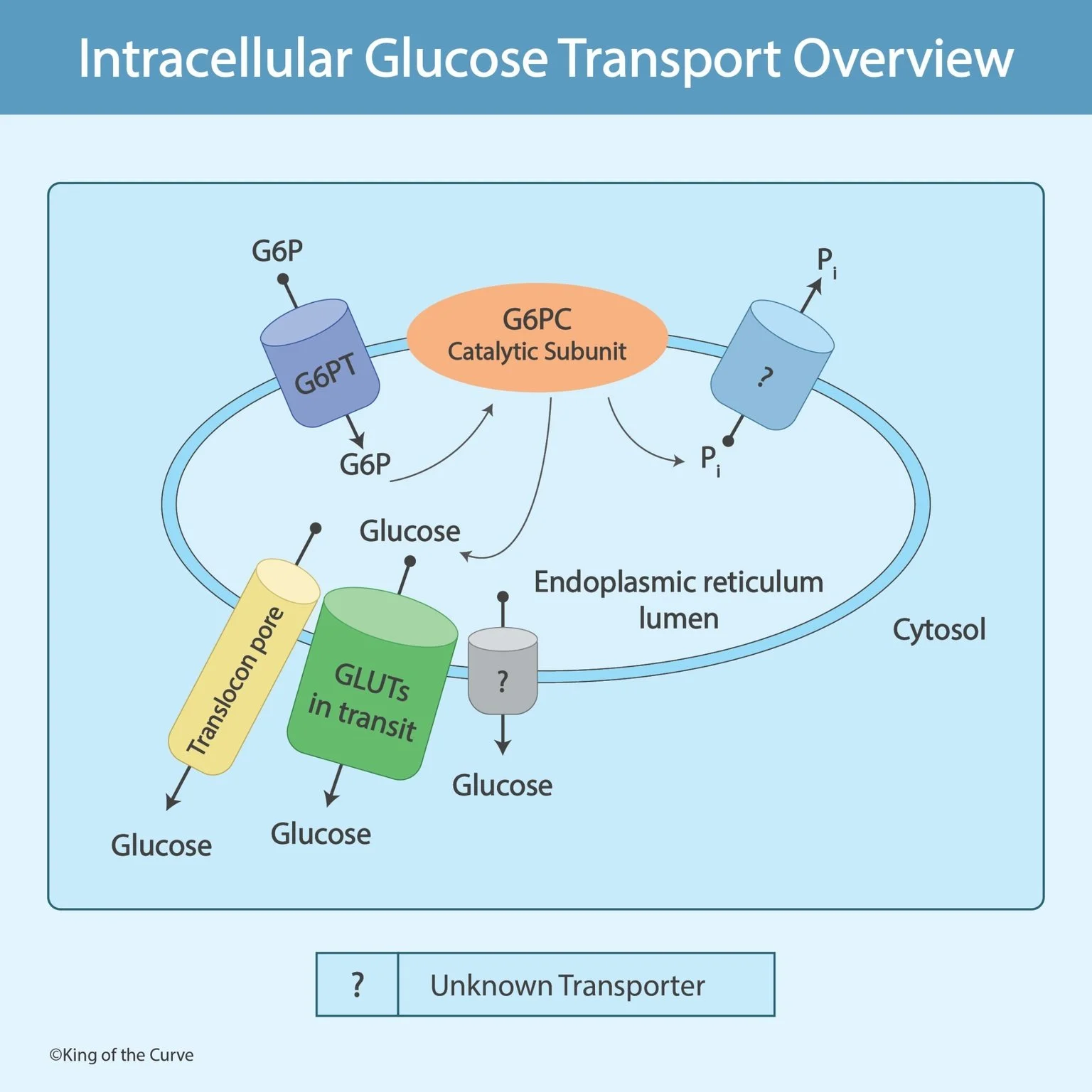
🧬 Intracellular Glucose Transport Overview: How Glucose Moves Inside the Cell
Learn how glucose-6-phosphate is transported into the ER lumen and converted into free glucose. Explore G6PT, G6PC, GLUTs, and unknown transporters in intracellular glucose transport.
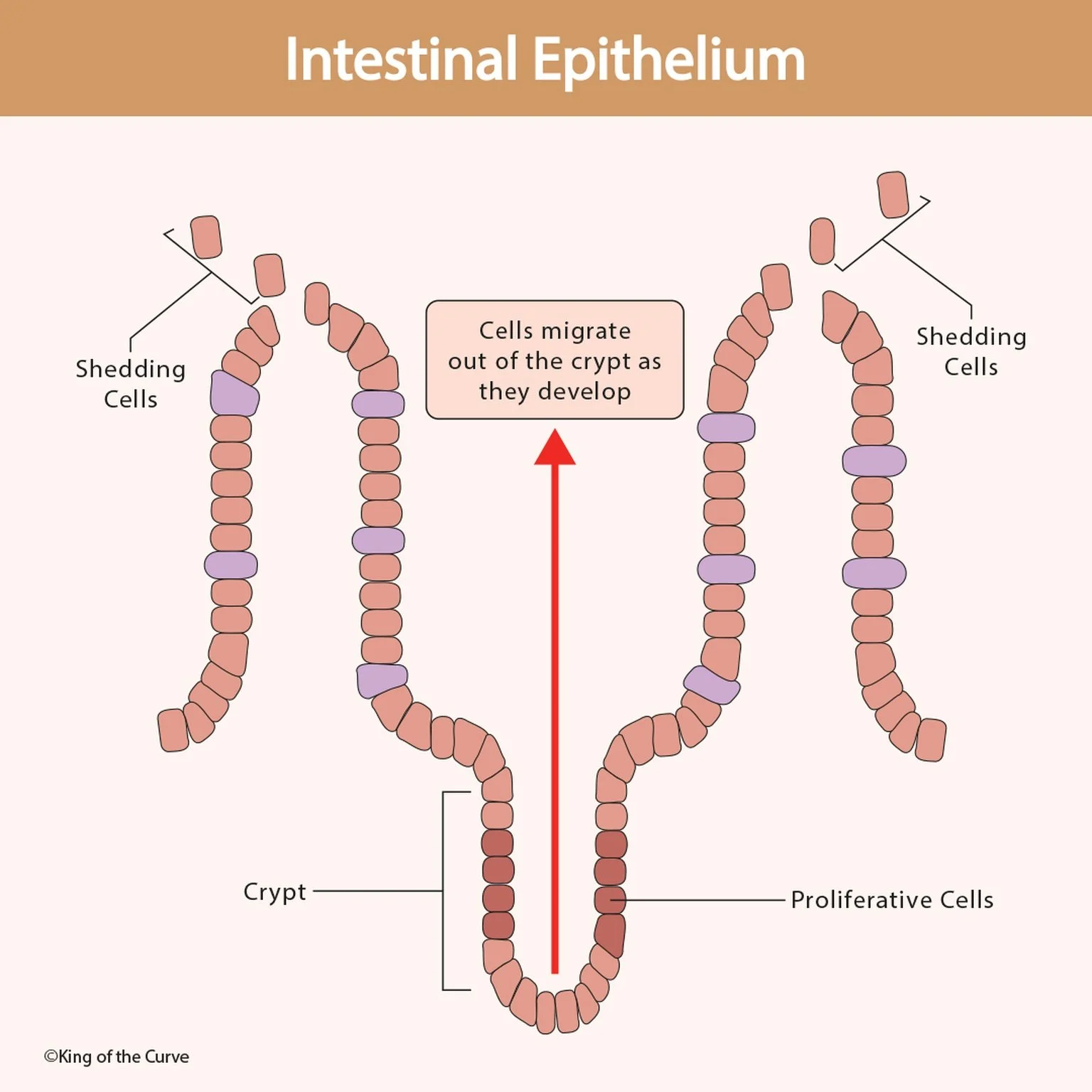
🧬 Intestinal Epithelium: Structure, Renewal, and Function
Explore the structure and renewal cycle of the intestinal epithelium, including crypt stem cell proliferation, upward cell migration, and surface shedding.
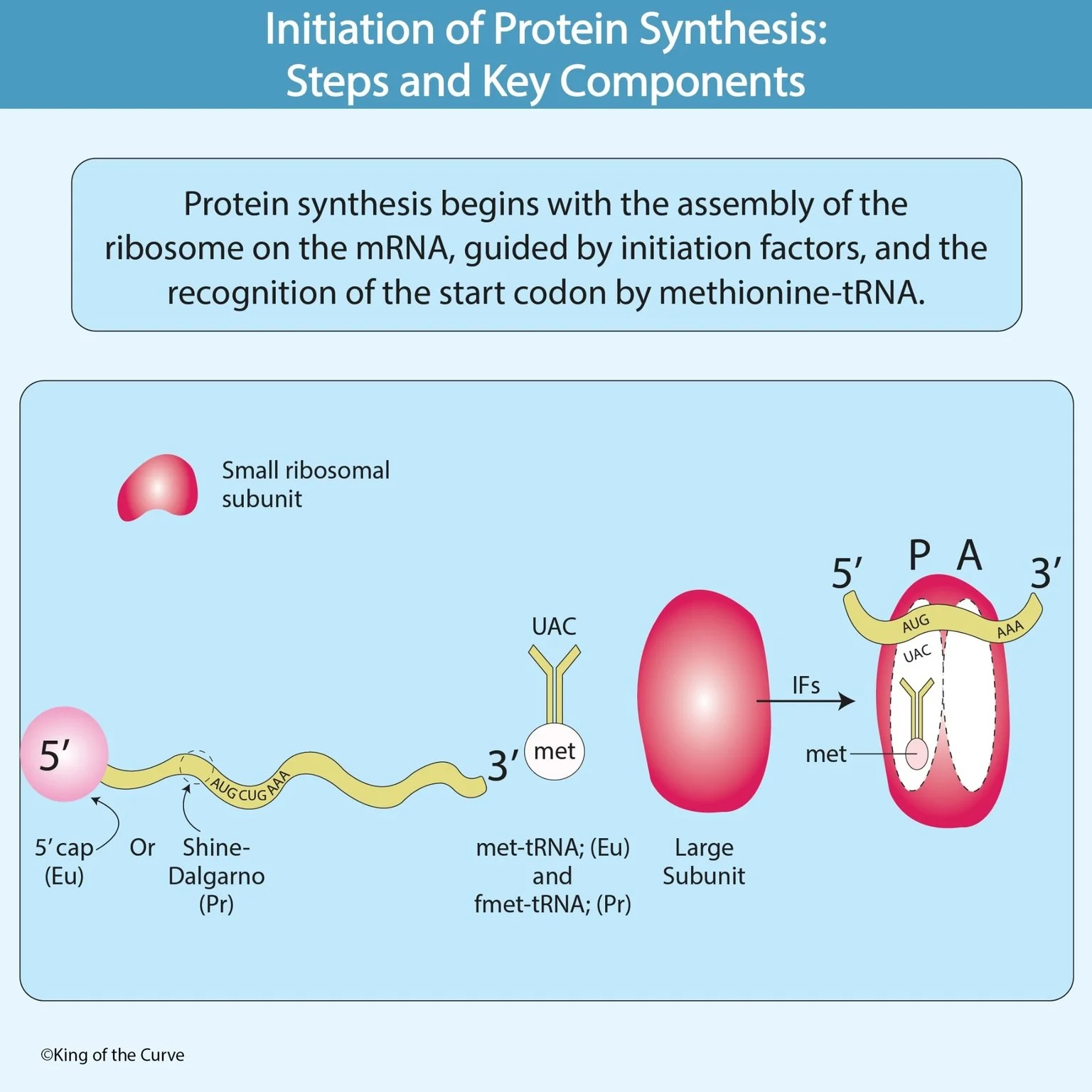
🚀 Initiation of Protein Synthesis: Steps and Key Components Explained
Learn how protein synthesis begins with ribosome assembly, start codon recognition, initiator tRNA, and initiation factors. A clear guide with key steps and components.
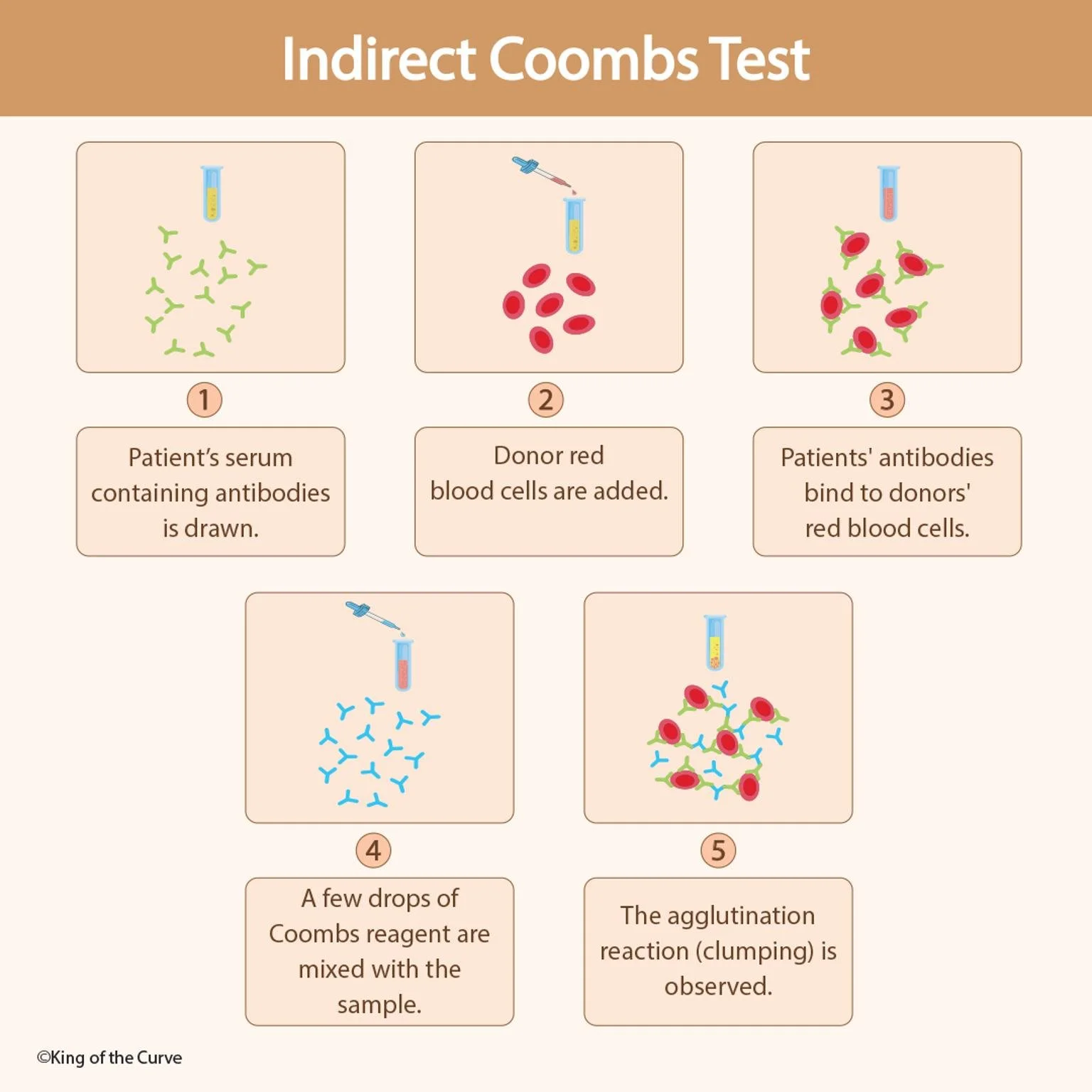
🩸 Indirect Coombs Test: Understanding the Antibody Screening Process
Learn how the Indirect Coombs Test detects antibodies in serum, its role in blood transfusions and pregnancy screening, and why agglutination matters.
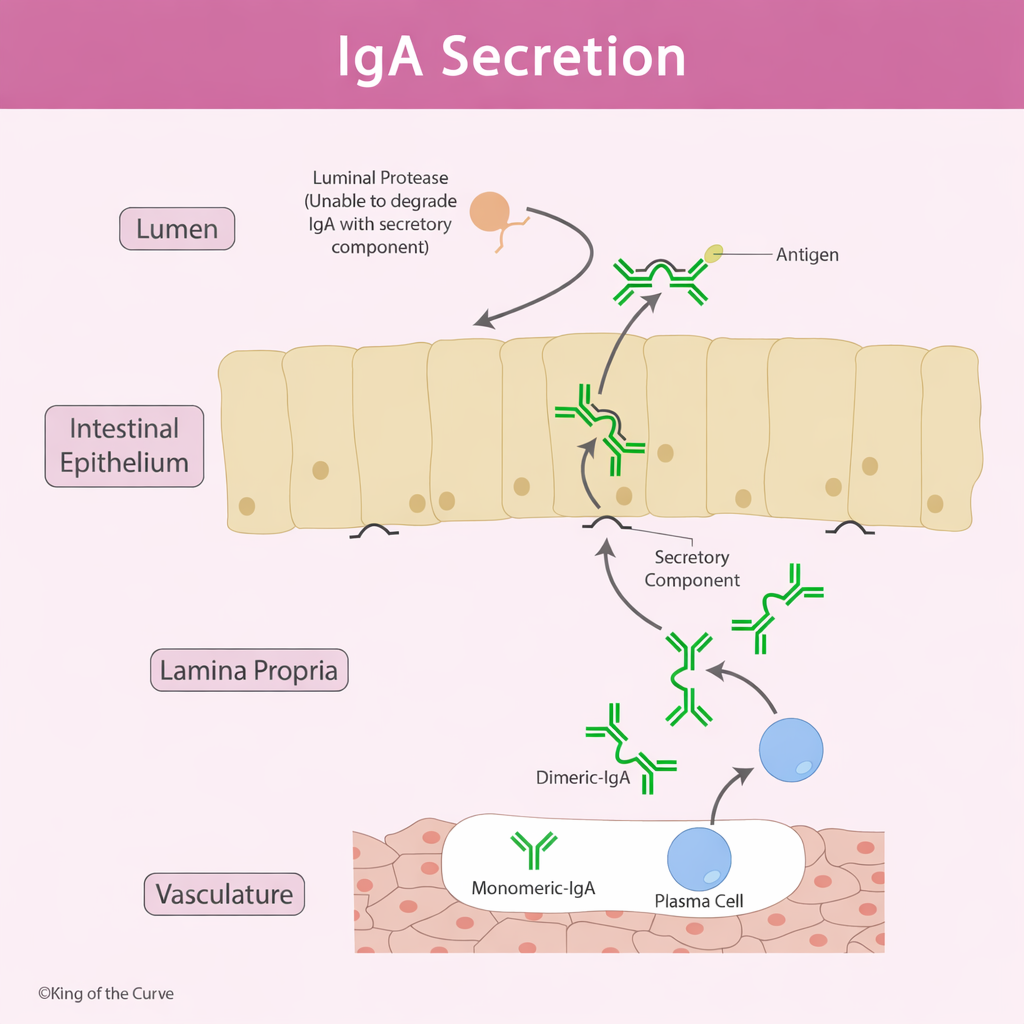
🛡️ IgA Secretion: A Key Defense at Mucosal Surfaces
Learn how IgA secretion protects mucosal surfaces through secretory IgA transport across intestinal epithelium. Understand its role in gut immunity and pathogen defense.
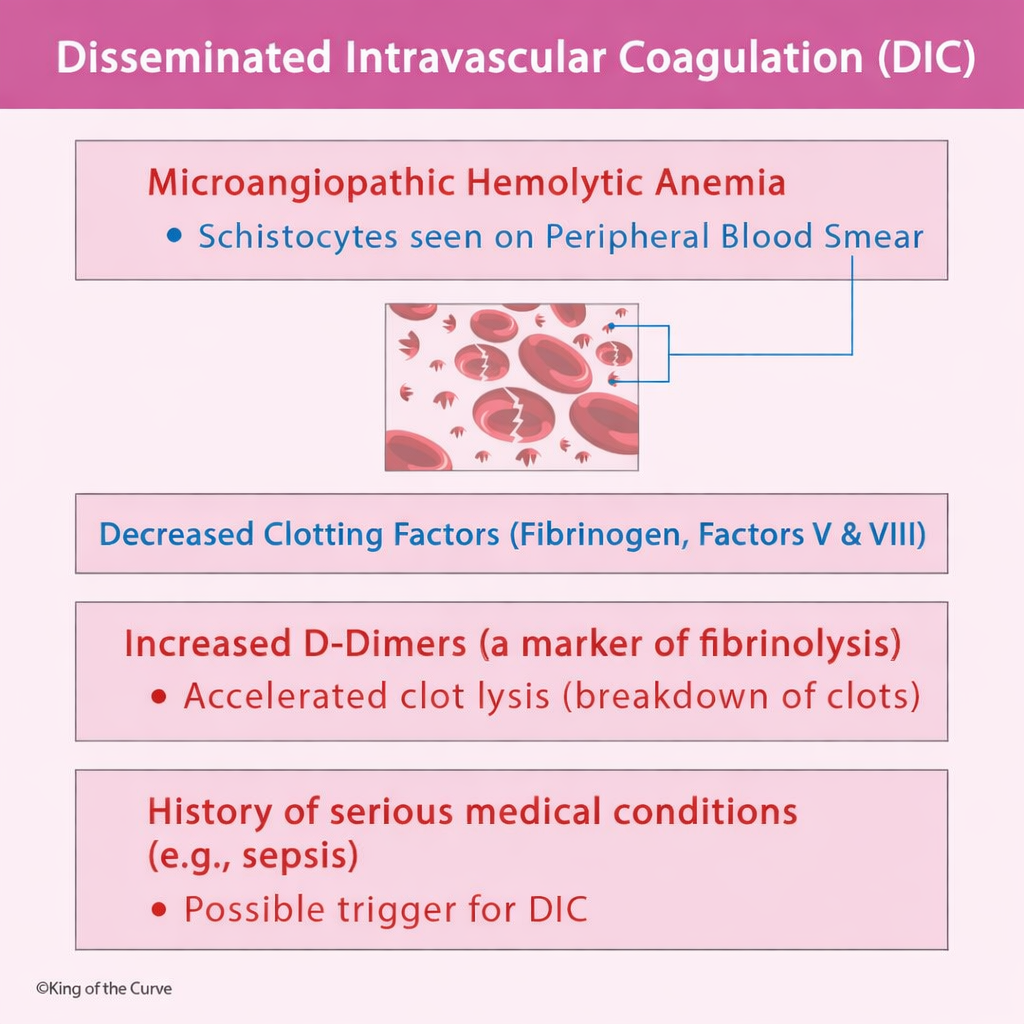
🩸 Disseminated Intravascular Coagulation (DIC): Key Findings and Clinical Significance
Learn about Disseminated Intravascular Coagulation (DIC), including its pathophysiology, common triggers like sepsis, and hallmark lab findings such as increased D-dimers, decreased clotting factors, and schistocytes on peripheral smear.
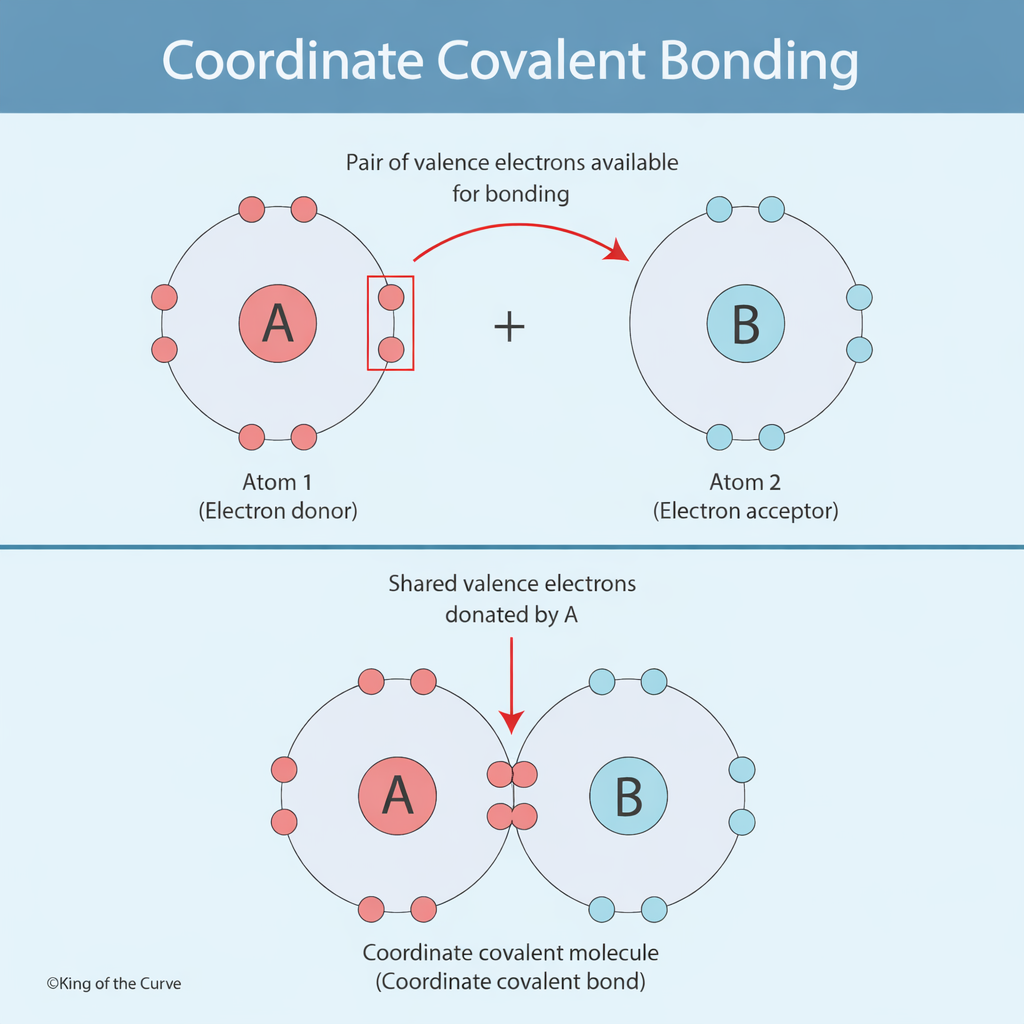
🔹 Coordinate Covalent Bonding: A Complete Guide
Learn what coordinate covalent bonding is, how electron donation works, and how coordinate (dative) bonds differ from regular covalent bonds with clear examples.
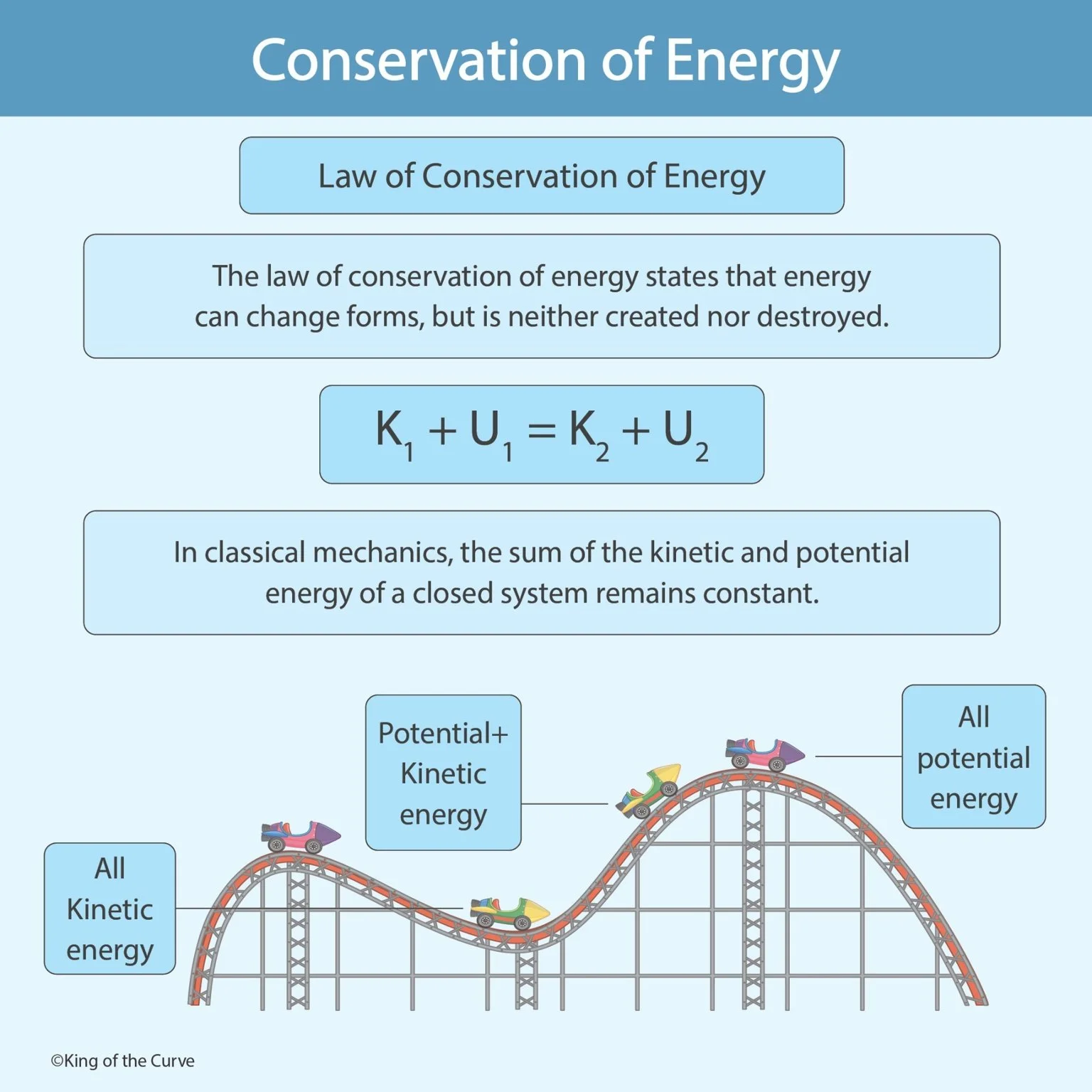
⚡ Conservation of Energy: Understanding the Law That Powers Motion
Learn the law of conservation of energy, its key formula (K + U = constant), and how kinetic and potential energy transform in real-world systems like roller coasters.
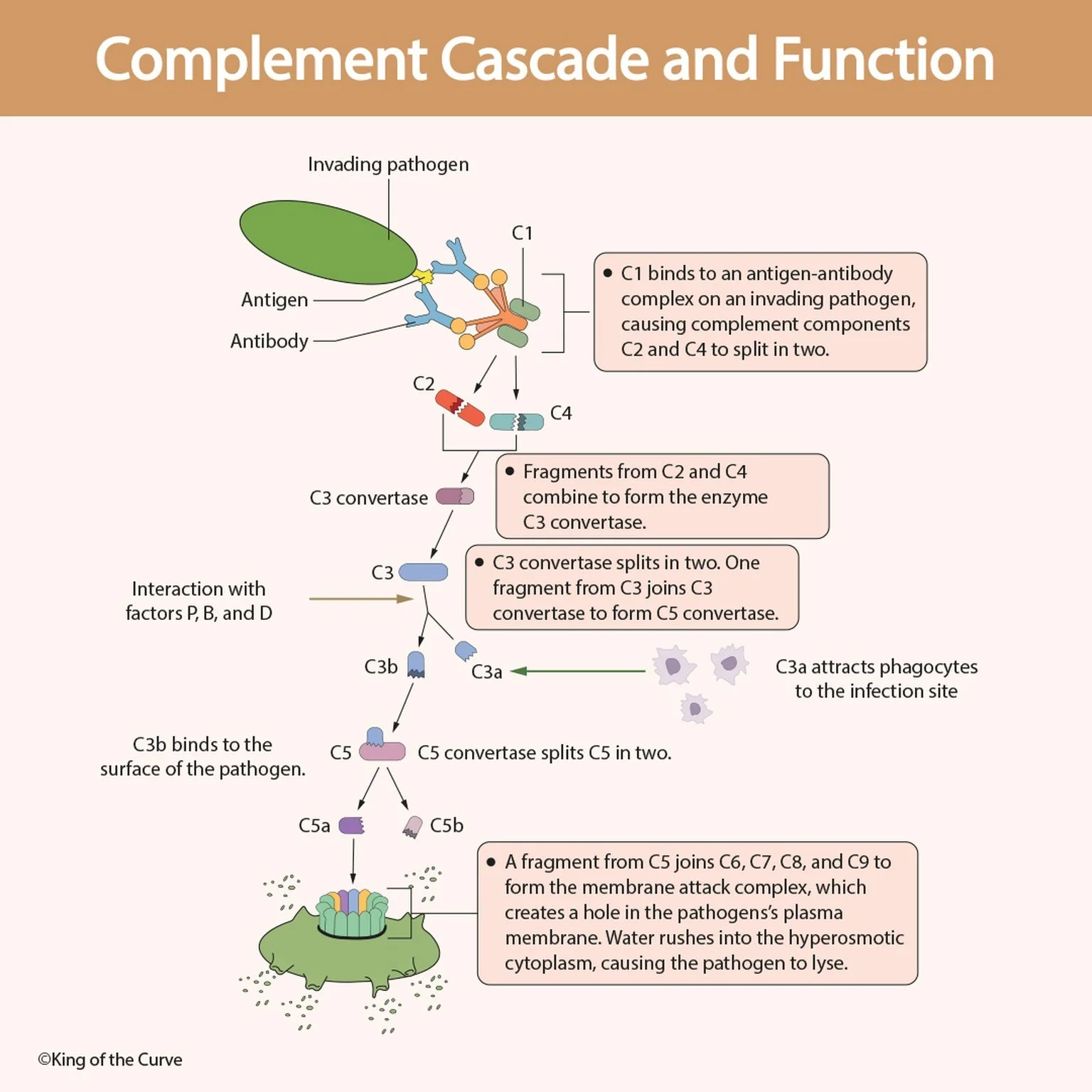
🧬 Complement Cascade and Function: How Your Immune System Destroys Pathogens
Learn the complement cascade step-by-step, including C1 activation, C3 convertase formation, opsonization by C3b, inflammation via C3a, and pathogen lysis through the membrane attack complex (C5b–C9).
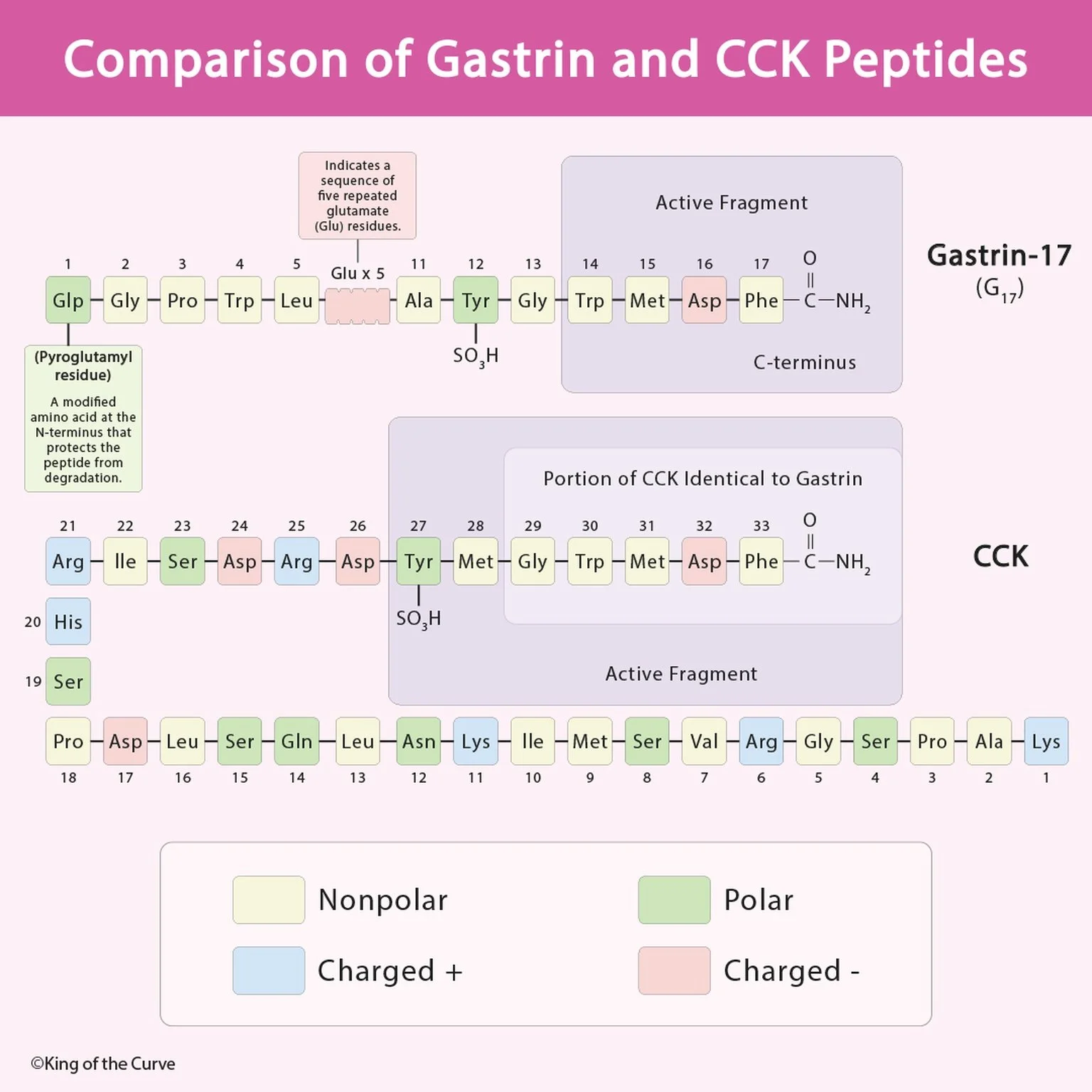
🧠 Why Gastrin vs CCK Matters?
Learn the differences between gastrin and CCK hormones, including release sites, functions, and how they appear in MCAT-style digestion questions.
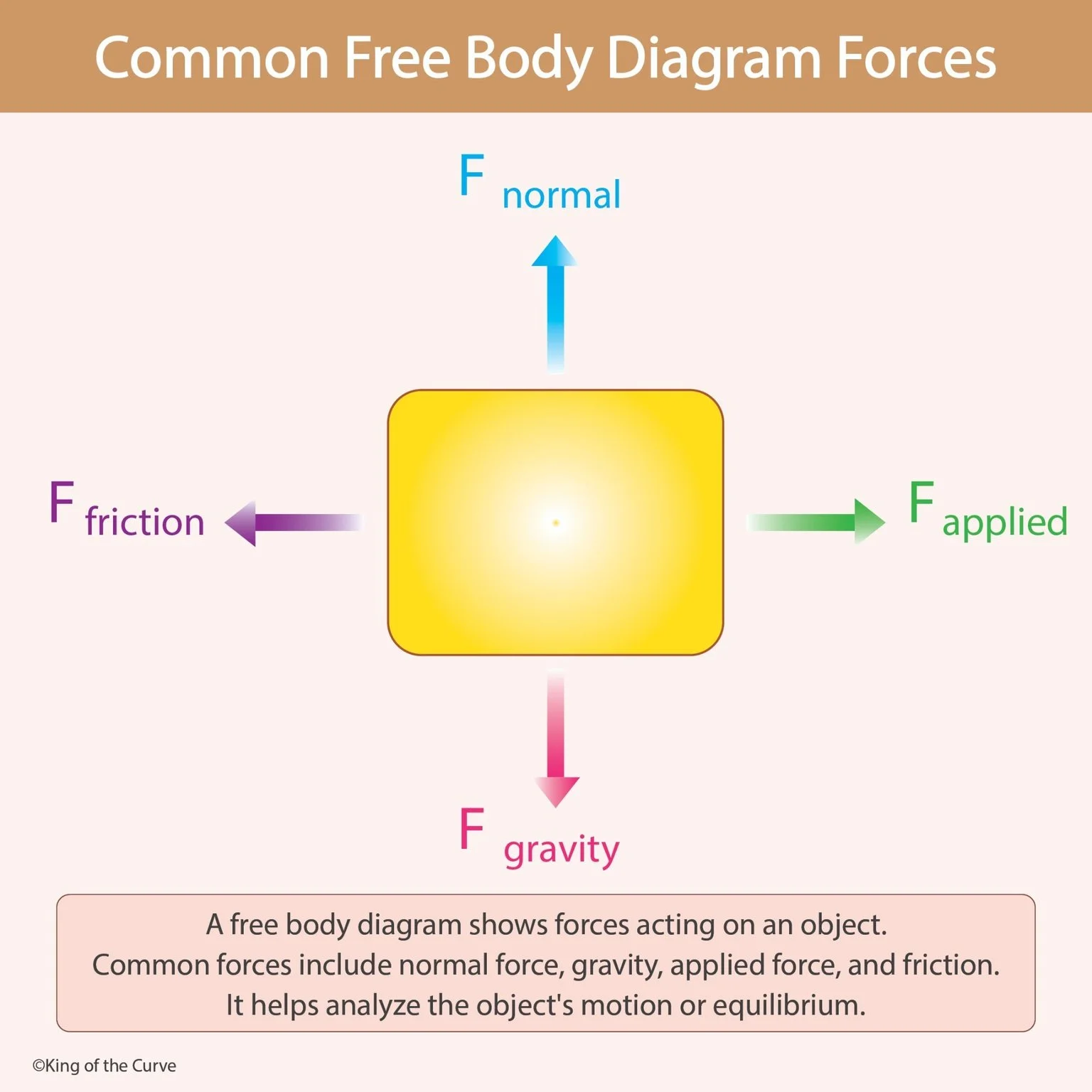
🧲 Common Free Body Diagram Forces Explained
Learn the most common free body diagram forces normal force, gravity, friction, and applied force with directions, examples, and motion tips.
